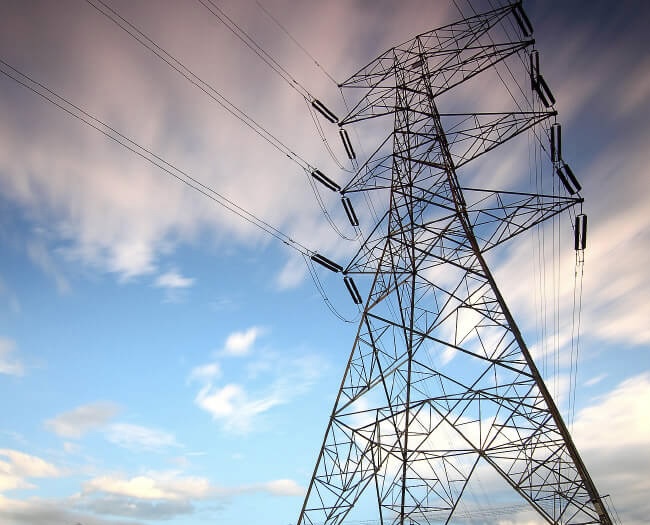KEY POINTS
- Nersa has recommended licensing four new electricity traders in South Africa.
- Eskom raised objections, citing potential market disruption.
- The licensing decision is part of broader efforts to reform South Africa’s energy market.
The National Energy Regulator of South Africa (Nersa) has proposed the approval of four new electricity traders in the country’s energy market, a decision that has been opposed by Eskom. It is part of a process of liberalizing and opening up the energy market in the country which has been long dominated by the state-owned power company.
The electricity subcommittee of Nersa sat on Monday to consider applications of several private firms that want to engage in energy trading.
The regulator concluded that these companies satisfied the necessary criteria and would enhance the competitiveness and efficiency of South Africa’s energy sector that has been suffering from supply deficiencies and blackouts for a long time.
This paper aims at highlighting the various objections that Eskom has towards the new entrants.
South Africa’s main power supplier Eskom also expressed its concern about new traders that may enter the market. The utility claimed that more traders could further distort the already sensitive energy supply situation and hamper the attempts to stabilize the grid.
Engineering News reported that Eskom stated that it had concerns that the addition of more traders would complicate energy balancing and system management, considering the South African country’s constant load shedding.
However, Nersa’s subcommittee was not convinced by Eskom’s argument, insisting that liberalizing the market to allow more traders would help to build a more sustainable electricity environment. The committee’s recommendation is likely to proceed since it fits the government’s overall scheme of energy reform.
A new direction in South Africa’s energy mix
The decision to license new traders is a clear indication of a new dawn in South Africa energy market. With the country struggling to overcome its energy crisis, the government has been calling on the private sector to help ease the pressure on Eskom and provide more consistent power to households and companies.
The South African Integrated Resource Plan (IRP) highlights the need to enhance private participation in the sector especially in the renewable energy. The government aims at increasing the number of traders in the market to enhance innovation, increase access to energy, and consequently minimize power rationing.
This is what has introduced electricity traders recently as a way of modernizing the energy sector in South Africa and adopting competition that will help in regulating the fluctuations in energy and electricity supply.
The search for a stable energy future
As the South African government continues to liberalize the energy market, many people believe that the addition of more traders will enhance the stability and diversification of the electricity supply. The liberalization of the market is expected to take some time; however with Nersa at the front line of the process, the possibility of altering the energy market in ways that will make it more efficient and competitive is slowly being realized. This development is good news for both the business people and consumers in a country that has for many years been grappling with electricity constraints and the effects of load shedding.



